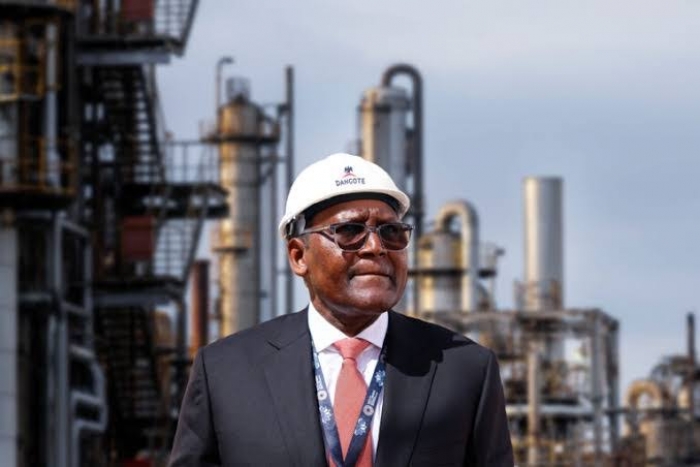Aliko Dangote, Africa’s richest man and the owner of the Dangote refinery, has built his empire on a foundation of ambition and resilience. However, in the pursuit of profit, he seems to have lost sight of the very people who sustain his businesses—the average Nigerians. His recent actions regarding fuel pricing and distribution reflect a troubling trend: an unrelenting greed that prioritizes personal gain over the welfare of the populace.
The Independent Petroleum Marketers Association of Nigeria (IPMAN) has rightly criticized Dangote for setting fuel prices that are exorbitantly higher than even imported products, forcing many to seek more affordable options elsewhere. His insistence on recovering his substantial investment in the refinery overnight, regardless of the economic hardship faced by countless Nigerians, is not just short-sighted—it is profoundly unethical.
In a country where many struggle to make ends meet, the idea that a single individual would prioritize profit over the basic needs of the populace is both shocking and unacceptable. The staggering prices imposed by the Dangote refinery reflect a monopolistic approach that can only deepen the existing economic crisis. Nigerians are not just consumers; they are citizens deserving of fair treatment and reasonable access to essential goods. By driving up prices in the face of widespread suffering, Dangote undermines the very social fabric that supports his businesses.
It is imperative for the government to recognize and counteract this monopolistic behavior. Continuing to allow fuel imports is crucial to ensuring competition in the market, which will help keep prices in check and protect consumers from the whims of one man’s profit motives. A diversified market not only fosters healthy competition but also provides a safety net for the average Nigerian, who is already grappling with the challenges of rising living costs.
In these trying times, we urge the government to take a stand against unbridled greed. It is essential to maintain policies that allow for fuel imports and encourage competition, ensuring that no single entity can dictate the market and exploit consumers. The well-being of millions should never be sacrificed for the profit margins of a few.
Aliko Dangote has the power to influence the economy significantly, but with that power comes the responsibility to act ethically. It is time for him to recognize that true success is measured not only by wealth but also by the impact one has on society. In the end, a thriving nation is one where its people can afford the very basics of life—not just the bottom line of a billionaire’s ledger.


































































